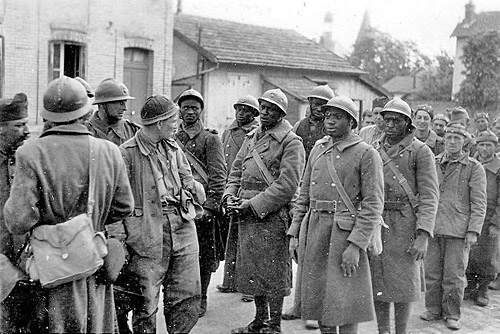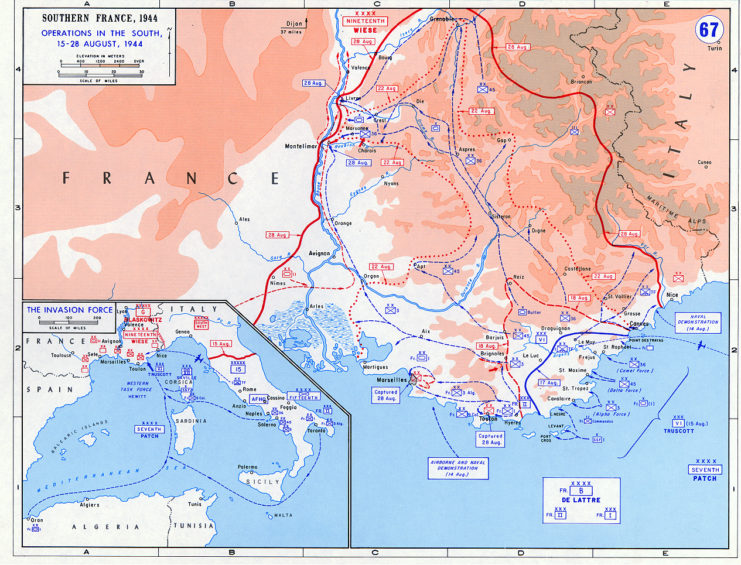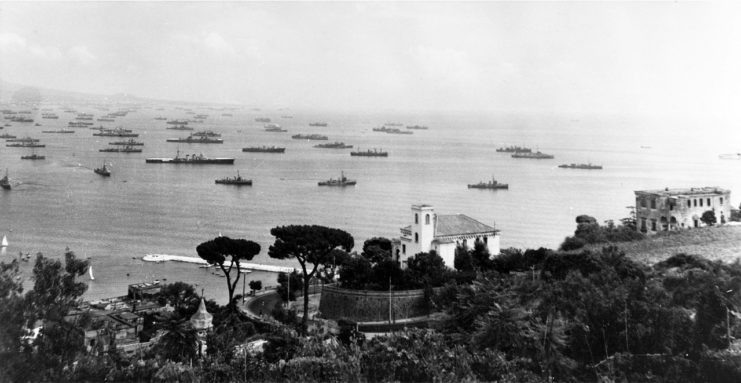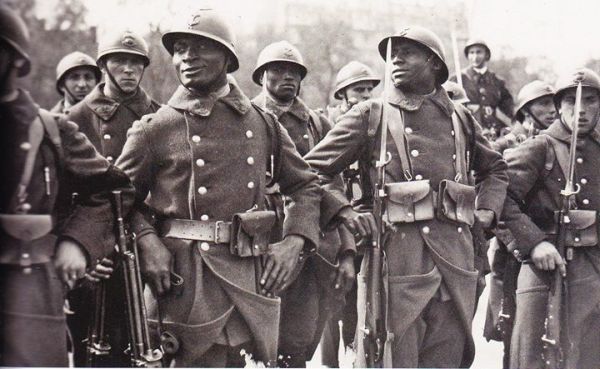Operation Dragoon was launched in Provence, Southern France just two months after Operation Overlord in Normandy, in August 1944. The controversial invasion, argued against by Churchill, was so successful that the Allies ran out of petrol trying to keep up with the retreating German forces.
The Free French contingent numbered almost half a million men, eighty per-cent of whom hailed from the continent of Africa, and France’s colonies of Senegal and Mali. Geneviève Darrieussecq, a junior Defence Minister said that, “the names, faces, lives of these African heroes must become part of our lives as free citizens, because without them we would not be free.”

To this end, her department has produced a document detailing the lives of one-hundred African service personnel who battled the German forces in World War 2 and helped to liberate the nation. It is to be used by local authorities and individual town mayoral departments to rename streets and squares in their honour.
The Defence Department want to see plaques explaining the roles of French African war heroes. Ms Darrieussecq said of the project that, “rather than erasing, I ask you to consider turning our public spaces into places to teach.”
Many statues seen to have historical links with the slave trade have suffered vandalism, even decapitation in recent weeks as part of the insurgent Black Lives Matter movement. A statue of Jean-Baptiste Colbert, a ruthless 17th century politician credited with saving France from bankruptcy following expensive wartime adventuring by the King, was recently attacked by protesters for his links to colonial rule making.

Earlier this year the Mayor of Bandol, a commune in the South of France renamed a central town square in honour of five African men who helped to liberate the town. Freedom Square is now African Liberators Square.
Algeria, Morocco and Tunisia were also among a number of sub-Saharan nations that saw men respond the General de Gaulle’s call to arms in 1940, when he first began the campaign to create a Free French Army to work towards the eventual liberation of France.
They were involved in difficult and dangerous fighting through the Mediterranean ports of Toulon and Marseilles and fought the Nazis to a standstill at Montelimar in the Rhone valley.

Eventually the Germans beat a retreat to Dijon where they re-grouped, able to divert troops and equipment to the battles raging across Northern France, Belgium and the Netherlands.
Following the D-Day commemorations another ceremony was addressed by President Macron acknowledging the role played by the French colonial troops in WWII saying, “who among us today remembers their names, their faces?”
French MP Sira Sylla has been campaigning to raise the profile of African fighters for many years, “their forefathers took part in the liberation of France. The history of our country and history of Africa are linked.” Said Sylla, whose offices have been targeted by far-right protesters.
One of the men in the dossier is Addi Bâ Mamadou, who was born on Christmas day in Senegal in 1919. He joined the French Army’s 12th Regiment of Senegalese Tirailleurs in 1939 but was captured a year later. Soon after, he escaped and became part of the Vosges Maquis getting a reputation with the local German forces who eventually hunted down, caught and shot dead “the black terrorist” as he had become known.
Another inclusion in the dossier is that of Paul Koudoussaragne from the Central African Republic who distinguished himself during WWII fighting in the Syrian campaign where at the Battle of Bir-Hakiem he delivered munitions while under fire, to an artillery spotter post even though he had a bullet wound. De Gaulle himself decorated Koudoussaragne.
Another Article From Us: The Magnificent Seven – The Normandy Battlefields
He later took part in actions in Madagascar, Bangui, Pointe-Noire and North Africa before arriving at the French front with his No 2 marching battalion.
